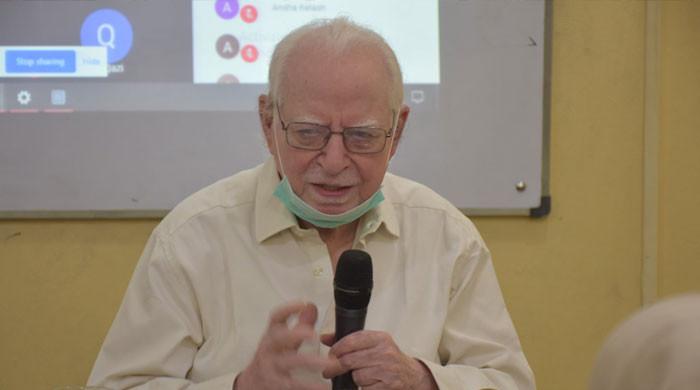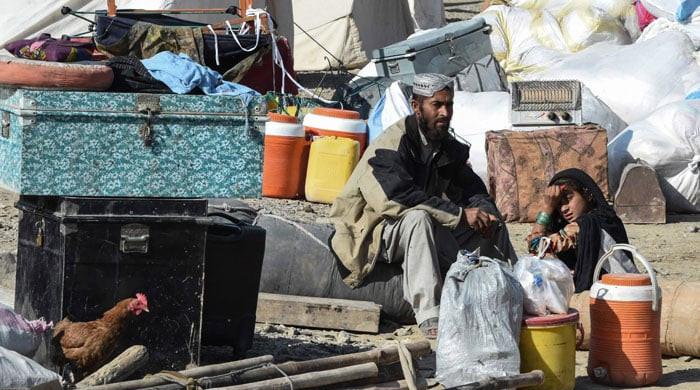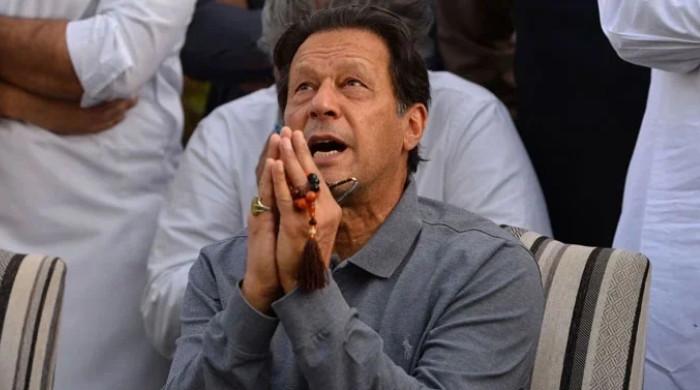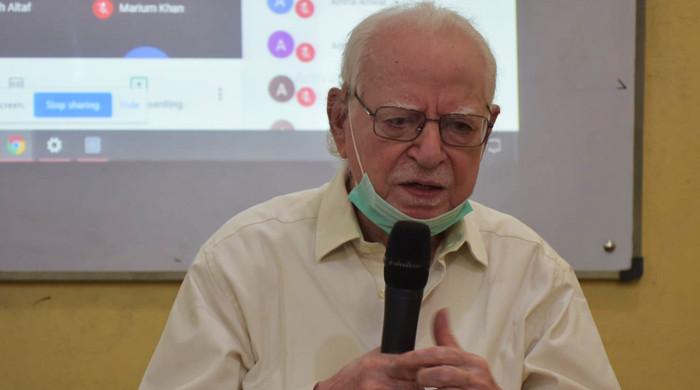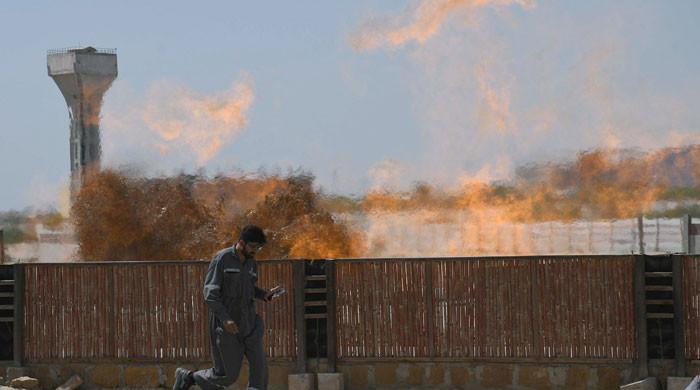Death toll from heatwave rises to 475 in Karachi
KARACHI: The four-day death toll from the intense heatwave in the city has risen to 475. According to Sindh Health Minister Jam Mehtab Hussain Dahar, 181 patients have died in Jinnah Hospital, 62 in...
June 23, 2015
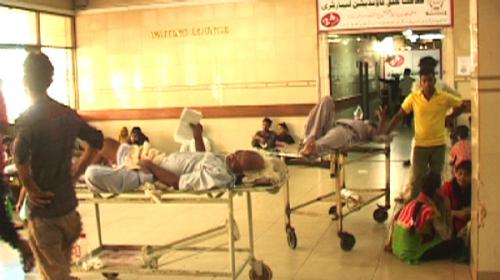
According to Sindh Health Minister Jam Mehtab Hussain Dahar, 181 patients have died in Jinnah Hospital, 62 in Civil Hospital, 68 in Abbasi Shaheed Hospital, 12 in New Karachi Hospital and over two dozen have breathed their last in private hospitals across the city.
There are reports of more people dying at homes due to severe heat and dehydration. According to officials, people over the age of 40 are more susceptible to the heatwave.
At the Edhi morgue in the city bodies have been received and there is no longer any space left to keep them.
Residents of the city have not only been faced with the intense heatwave but also prolonged power outages during the holy month of Ramazan.
National Disaster Management (NDMA) spokesman Ahmed Kamal told AFP the government had asked the army and paramilitary Rangers to help relief efforts which will include setting up heatstroke treatment centres around the city.
Coping with the scorching heat has been made harder by the power cuts that are a daily feature of life in Pakistan.
The government of Sindh has imposed a state of emergency at all hospitals, cancelling leave for doctors and other medical staff and increasing stocks of medical supplies.
Sher Shah, a veteran medical practitioner and former president of the Pakistan Medical Association said Karachi’s poor were most at risk.
In Karachi, a city of 20 million people, electricity shortages crippled the water supply system, hampering the pumping of millions of gallons of water to consumers, the state-run water utility said.
Pakistan´s Met Office said temperatures hit 43 C in Karachi on Sunday and 49 C in the southwestern city of Turbat, close to the Iranian border.
–AFP/Geo News




